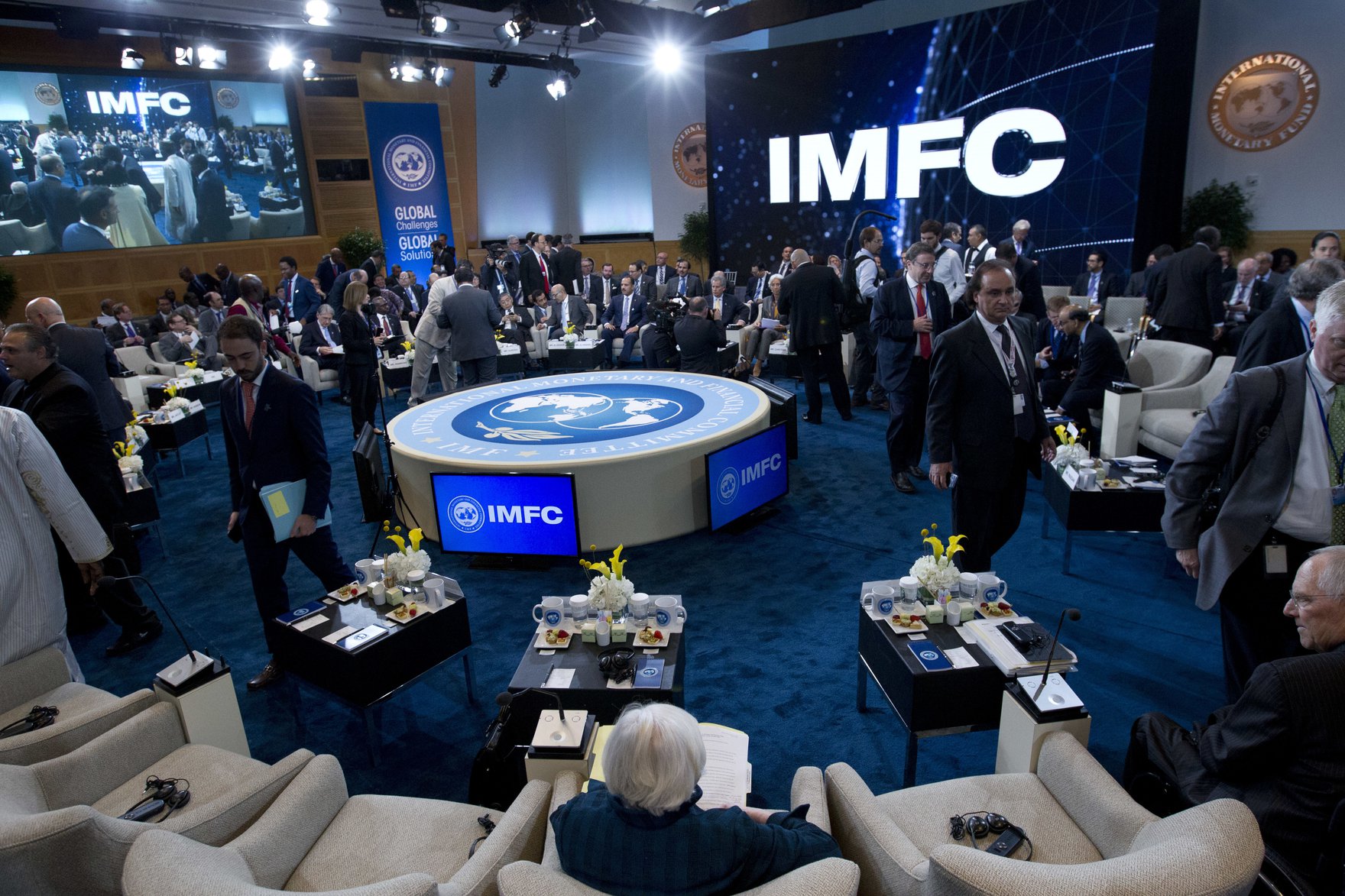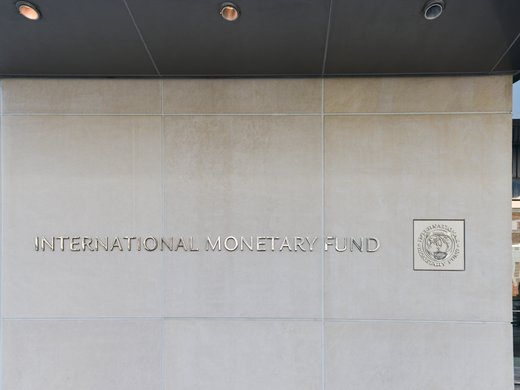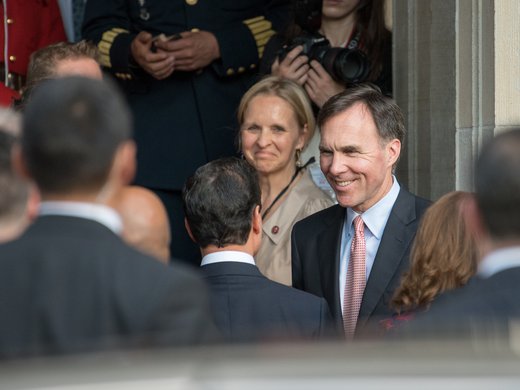The chaotic approach to government embraced by the Trump administration has left a trail of broken policy doctrine in the president’s wake. In the past week alone, new uncertainties arose regarding foreign affairs and trade policies as the White House decided not to certify the Iran nuclear deal and cast doubts on the future of the North American Free Trade Agreement. Meanwhile, the president has consistently undermined confidence in the media with his charge of “fake” news.
All of this uncertainty is not a coincidence. The president embraces a disruptor-in-chief role. Whether this choice reflects a quirk of personality or is a deliberate strategy intended to strengthen bargaining power is unclear. Regardless, while its long-term implications remain to be seen, its short-term effect has been to hinder efforts to advance international cooperation.
However, to this point at least, the International Monetary Fund (IMF) and the World Bank have largely been ignored by the administration. These international financial institutions (IFIs), created almost 75 years ago, have for the past seven decades served to promote global growth and trade, safeguard international financial stability and foster economic development. They are not immune to criticism — to be sure, mistakes have undoubtedly been made. But the remarkable record of global prosperity the IFIs helped to secure in the post-war period is a testament to the vision of international cooperation on which they were based. That record includes the reconstruction of war-ravaged Europe and Japan, efforts to support nascent democracies as colonial empires were disbanded, and the successful integration of China — which had for decades been insulated and isolated in a state of economic and financial autarky — into the global economy.
That success may be a problem for the Trump administration. The tyranny of weighted averages means that the rise of China’s relative economic size has coincided with a decline in the relative importance of the US economy: if the share of one country rises, the share of at least one other country must fall. But the rapid growth in China’s economy reflects its low starting level and the enormous population that growth is lifting to prosperity. Moreover, in a growing global economy, that effect doesn’t actually require that the other country shrink; both can grow and prosper, even as one grows at a faster pace.
This positive-sum game perspective was the reason the IFIs were created. They helped support the rules of the game that allowed all players to prosper, provided that they adhered to the rules of the game. These rules were largely written by the United States, which has wielded enormous influence in international councils over the past seven decades.
The president has done much to undermine this influence. It is not surprising, therefore, that US Treasury Secretary Steven Mnuchin’s comments on the IFIs made on the margins of the IMF/World Bank annual meetings recently held in Washington have garnered considerable attention. As reported by the Financial Times, the World Bank, he noted, should constrain the lending it does to middle-income countries such as China. The underlying argument is that it makes little sense for the World Bank to lend to China when the People’s Bank of China is accumulating massive foreign exchange reserves, particularly if those reserves reflect a conscious effort to prevent appreciation of the Chinese currency. In addition, Mnuchin argued that efforts were required to reduce operating costs, including the costs of the resident boards of the IMF and World Bank. The resident boards of the two institutions are made up of representatives of a subset of the member countries, with most board members representing a constituency of countries, who approve lending operations and set key policies of the two institutions.
There are sound reasons for the World Bank to continue lending to middle-income countries. A key concern, for example, is ensuring that the benefits of growth flow to the poorest. And there is a case to be made that the governance arrangements of the IFIs reflect the fact that they represent independent states, all of which jealously protect their sovereignty. That fact, it could be argued, requires constant vigilance over management and a check on the influence of larger members that only a resident board can provide. Significant changes in these areas would entail major changes to the institutions. But, compared to the disruption inflicted on other policy areas by the Trump administration, the two reforms proposed by the Treasury secretary seem positively benign.
This is the hidden headline of the annual meetings. In this respect, there is a curious continuity in the Treasury secretary’s reform proposals. Similar suggestions have long been made by his predecessors. And, while the president has disrupted established policy frameworks in a number of areas, like an unruly child acting up in daycare, thus far at least there is continuity with respect to the IFIs.
Two factors explain the hidden headline.
First, as the largest shareholder in the IMF and the World Bank, the United States is required by the demands of good governance to hold management to account. Doing so entails asking tough questions about the most effective use of shareholder capital. Is lending to middle-income countries really more effective in terms of reducing global poverty than lending to poorer members of the institution? Can the cost of management and governance of the IFIs be reduced, freeing up resources to advance the goals of the institutions? To some extent, the real shift in policy would have been if the Treasury secretary hadn’t asked those questions.
Second, the administration may recognize that the institutions can be helpful instruments with which to advance US policy interests. This, too, represents policy continuity. No matter how they might have otherwise criticized these institutions, past administrations have quickly realized that the IFIs’ ability to rapidly mobilize resources in response to crises is an important advantage. As the largest shareholder, the United States has considerable influence on how such resources are used.
Having injected uncertainty into foreign affairs, international trade and global financial markets, the administration needs effective IFIs to respond to crises that will inevitably arise. Mnuchin’s comments suggest that his interests lie not in disrupting, but in reforming. In this respect, perhaps the headline should read: “Trump administration supports policy continuity.” That just may be the real news from the annual meetings.



